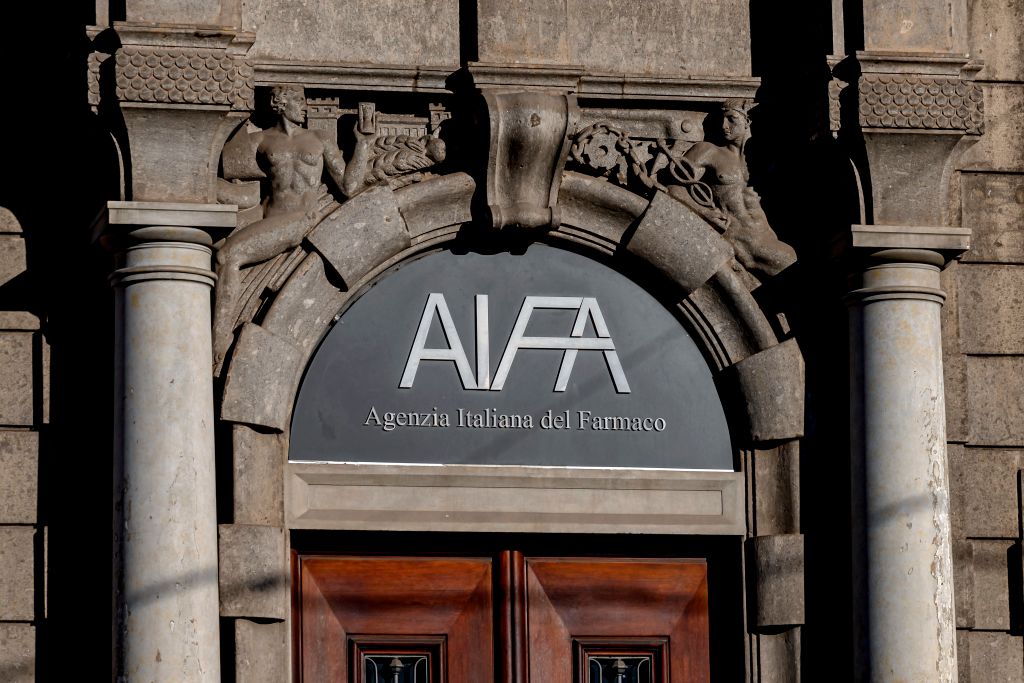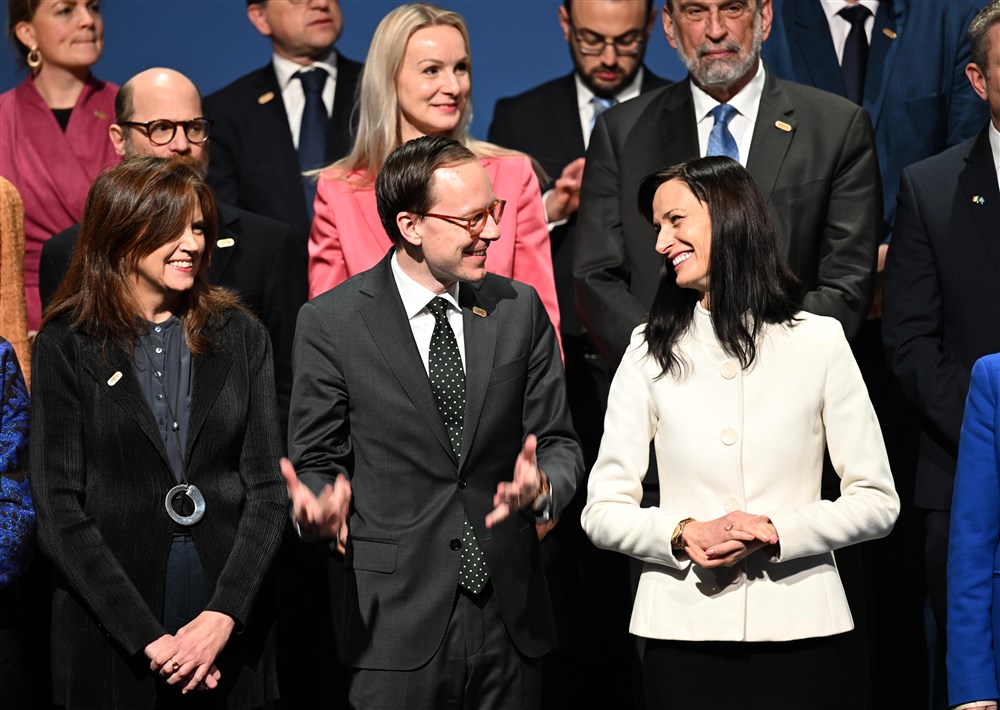The European Commission said on April 19 that it will introduce restrictions on imports of Ukrainian cereals.
Countries suffering due to an influx of Ukrainian agricultural products will also receive additional emergency funding, the Commission announced.
The Brussels executive added that it would investigate the effect of imports of other “sensitive products” from Ukraine that are said to be destabilising Eastern and Central European markets.
Initially the commission condemned the likes of Poland, Hungary, Bulgaria and Slovakia for their unilateral—and possibly illegal—ban on Ukrainian imports. It called the bans “unacceptable” while emphasising that the Commission had “exclusive competence” on trade, which in layman terms means the EU calls the shots on an issue, overriding a country’s government.
In late March, the leading politicians of Poland, Hungary, Romania, Bulgaria and Slovakia wrote EC President to Ursula von der Leyen demanding European intervention, but to no avail. Farmers protested in Poland.
Now the European Commission has chosen compromise.
“We managed to come up with mechanisms to ensure that not a single ton will stay in Poland, that the goods will be transported through Poland…further into Europe or to Polish ports on the Baltic Sea,” Polish Agriculture Minister Robert Telus said after the April 18 announcement of a transit agreement between Poland and Ukraine.
The €100 million compensation comes on top of a previous €56.3 million fund for Poland, Bulgaria and Romania, whose markets have suffered the most under the influx of cheap Ukrainian grain.
Tymofiy Mylovanov, former Ukrainian minister of economy and advisor to the Zelensky administration, Tweeted that the agreement on grain had been negotiated “by the Ukrainian government, not Brussels” and it was “a shame” that the EU had not taken a stronger stand.
The Commission says it is important to ensure that Ukrainian grain can transit through EU territory and reach “countries it was primarily intended for, which are mostly in the developing world—countries that are still suffering due to food instability caused by the Russian aggression against Ukraine.”





